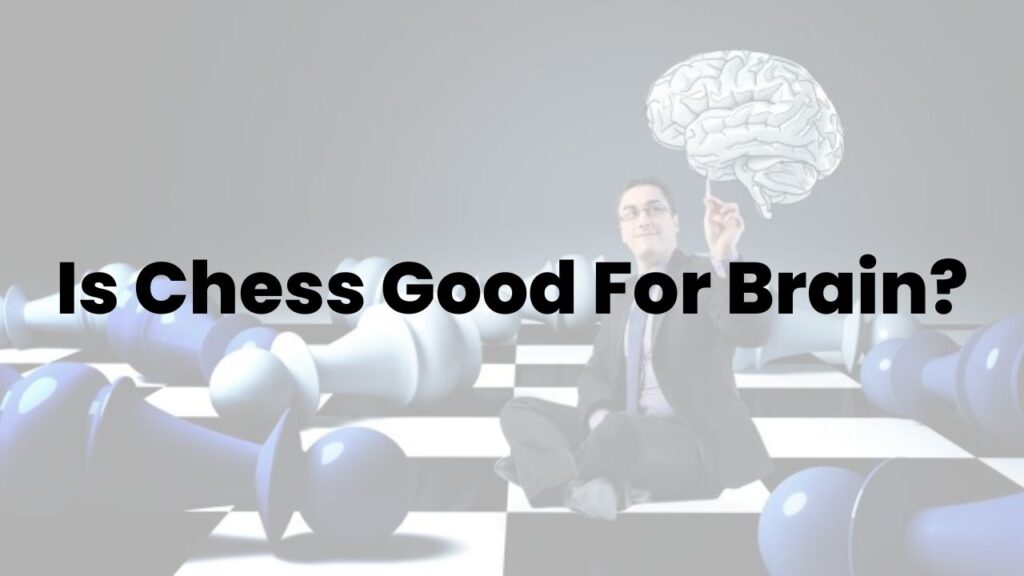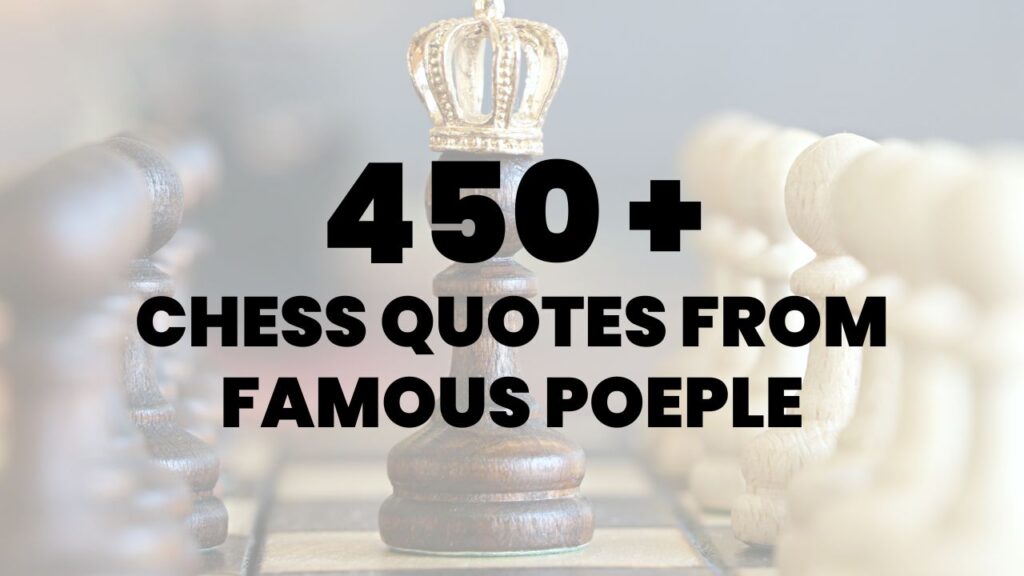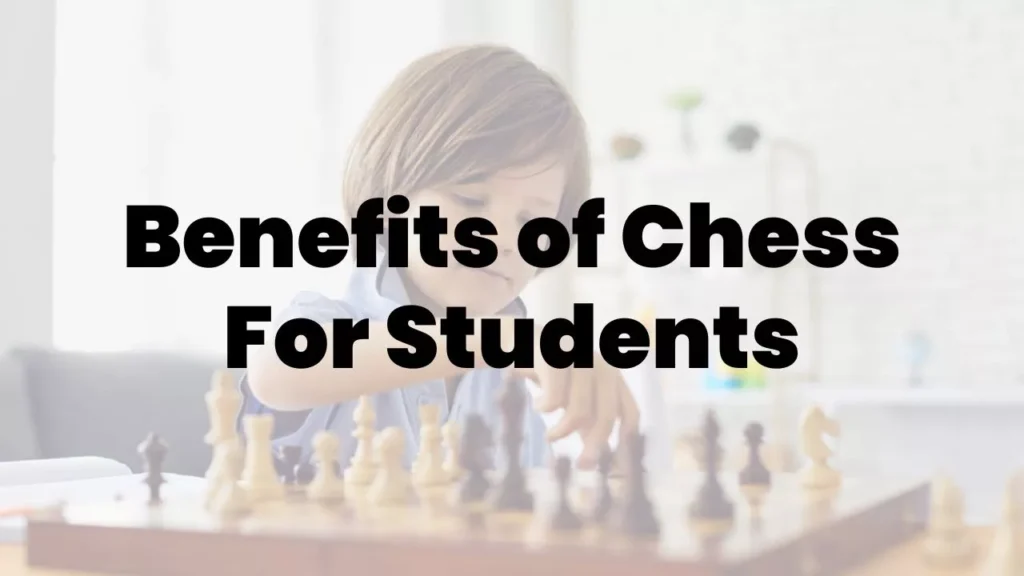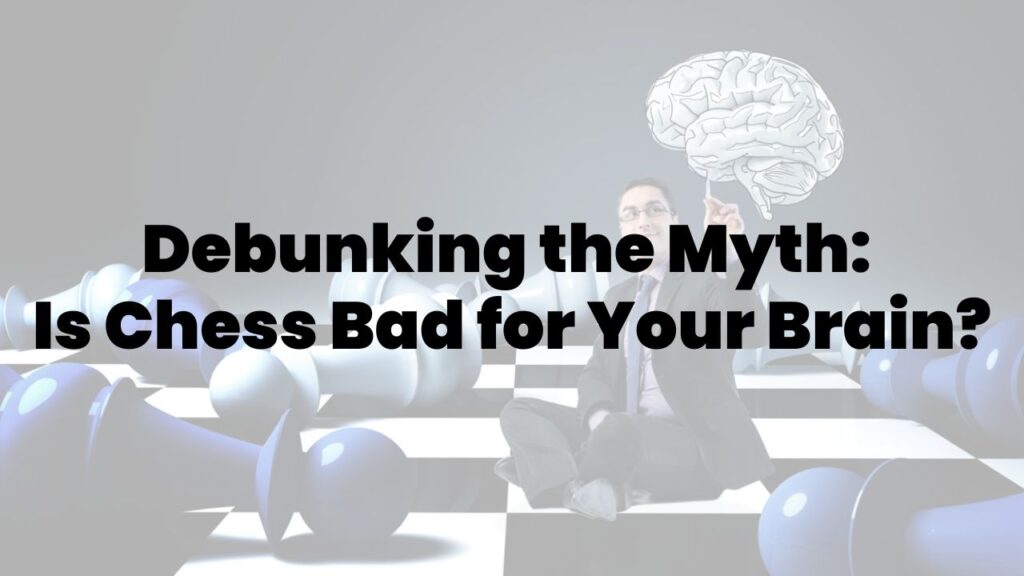Is Chess Good For Brain?

For centuries, chess has captivated minds and challenged players with its intricate strategies and complex gameplay. Beyond being an engaging pastime, chess has gained recognition for its potential cognitive benefits. As enthusiasts across the world gather around boards, they’re not just honing their tactical skills – they’re also giving their brains a formidable workout. In this article, we’ll delve into the realm of chess and explore how this timeless game can contribute to improved brain health and cognitive function.
The Chess Advantage: A Workout for the Mind
1. Strategic Thinking and Planning
At the heart of chess lies strategic thinking. Players must anticipate their opponent’s moves, plan several steps ahead, and adapt their strategies based on the changing dynamics of the board. This constant mental exercise sharpens skills like problem-solving, critical thinking, and foresight. When these cognitive abilities are regularly engaged, they tend to flourish, benefiting not only the game but also various real-life situations.
2. Memory Enhancement
Chess demands the memorization of various openings, patterns, and strategies. Players often commit extensive libraries of moves to memory, enabling them to navigate the complexities of the game more efficiently. This practice has a positive spillover effect on memory functions in general. Regularly exercising memory in such a manner can lead to improved memory recall, retention, and overall cognitive agility.
3. Concentration and Focus
A single chess match can span hours, requiring players to maintain unwavering concentration and focus. The ability to concentrate for extended periods is a skill that translates to many aspects of life. Chess cultivates a sort of meditative absorption that trains the brain to resist distractions, enhancing attention span and fostering mental endurance.
4. Decision-Making Under Pressure
Chess mirrors real-world decision-making scenarios where choices must be made under pressure. The ticking clock in tournament settings adds an element of stress, closely simulating situations that demand quick, accurate decisions. Players learn to stay composed, think critically, and make sound judgments even when time is limited, a skill set that transfers to high-pressure situations beyond the chessboard.
5. Pattern Recognition
Chess is a game of patterns – recognizing patterns in opponents’ moves, spotting potential threats, and identifying opportunities for strategic advancement. This skill sharpens pattern recognition abilities, which are essential in a wide array of disciplines, from mathematics and science to art and music.
6. Spatial Awareness and Visualization
The chessboard serves as a canvas where players envision future moves, foreseeing the consequences of each action. This promotes spatial awareness and visualization skills. As players mentally manipulate the board and consider different scenarios, they’re strengthening their spatial reasoning capabilities, which can be advantageous in fields like architecture, engineering, and problem-solving.
Scientific Insights: Chess and Brain Health
Research into the cognitive benefits of chess has revealed intriguing findings:
1. Enhanced Problem-Solving Skills:
A study published in the journal “Intelligence” found that chess players tend to exhibit improved problem-solving skills compared to non-chess players. The constant need to strategize and adapt fosters a habit of analyzing complex situations, translating to better problem-solving abilities in daily life.
2. Brain Growth and Connectivity:
MRI studies have shown that playing chess can stimulate brain growth, particularly in regions responsible for memory, attention, and spatial processing. Furthermore, chess has been associated with increased connectivity between different brain regions, suggesting a more integrated cognitive network.
3. Cognitive Aging:
Engaging in mentally stimulating activities like chess may have a protective effect against cognitive decline in aging. A study published in the “Journal of Aging and Health” indicated that older adults who regularly played chess exhibited better cognitive performance and a reduced risk of cognitive impairment.
Chess for All Ages: Building Cognitive Resilience
It’s never too early or too late to embrace the world of chess for its cognitive benefits:
- Children and Adolescents: Introducing chess to young minds can foster cognitive development. By enhancing critical thinking, problem-solving, and memory skills, chess equips youngsters with tools that serve them well academically and in personal growth.
- Adults and Seniors: Engaging in chess helps maintain cognitive agility and resilience, offering a rewarding way to keep the mind sharp. For seniors, chess can be a social activity that promotes mental engagement and provides a platform for meaningful interactions.
Conclusion: Checkmate for Cognitive Enhancement
The allure of chess extends beyond its strategic allure – it’s a powerful exercise for the brain. As players meticulously plan, analyze, and adapt, they’re sculpting a resilient cognitive landscape. Scientific research substantiates the cognitive benefits of chess, from enhanced problem-solving and memory to improved spatial awareness and decision-making. This centuries-old game has the potential to transform minds, fortifying them against the challenges of an ever-evolving world. So, the next time you engage in a game of chess, remember that you’re not just moving pieces – you’re nurturing a sharper, more agile mind.
Through its intricate gameplay and relentless demand for strategic thinking, chess has positioned itself as a versatile cognitive enhancer. As players around the world immerse themselves in its challenges, they’re unknowingly investing in their brain health, nurturing cognitive skills that extend far beyond the boundaries of the board.



